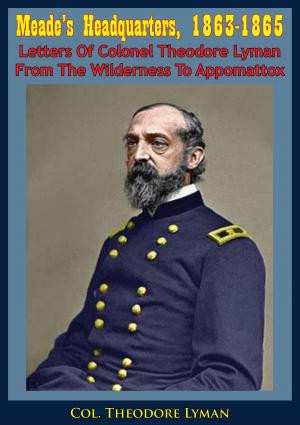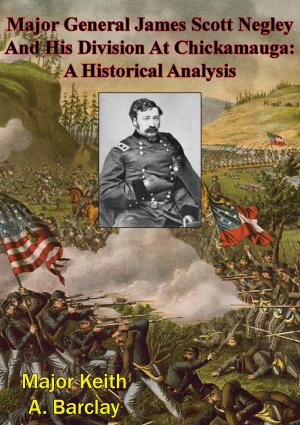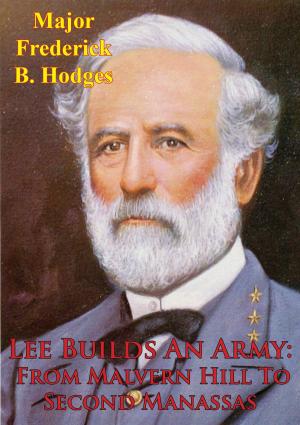Chickasaw Bayou Campaign
Nonfiction, History, Modern, 19th Century, Americas, United States, Civil War Period (1850-1877), Military| Author: | Major Gray M. Gildner | ISBN: | 9781782895183 |
| Publisher: | Golden Springs Publishing | Publication: | August 15, 2014 |
| Imprint: | Golden Springs Publishing | Language: | English |
| Author: | Major Gray M. Gildner |
| ISBN: | 9781782895183 |
| Publisher: | Golden Springs Publishing |
| Publication: | August 15, 2014 |
| Imprint: | Golden Springs Publishing |
| Language: | English |
This study investigates the decisive factors that affected the Chickasaw Bayou Campaign, General Ulysses S. Grant’s first effort to seize Vicksburg.
By December 1862 Grant’s forces had fought into north central Mississippi. Simultaneously, Major General John A. McClernand had convinced President Lincoln to allow him to command an independent amphibious force to operate on the Mississippi against Vicksburg. Grant hastily organized his own river expedition under Major General William T. Sherman to seize Vicksburg. The resulting campaign ended in the repulse of Union forces at Chickasaw Bayou.
At the strategic level the threat of the amphibious force under McClernand decisively affected Grant’s ongoing campaign. The Confederate reorganization of the western command structure was instrumental to Confederate success. At the operational level Confederate cavalry raids on Grant’s line of communications caused Grant to retreat, enabling the Confederates to focus all efforts against Sherman at Chickasaw Bayou. At the tactical level, Sherman’s forces lacked a sense of purpose and committed blunders throughout the battle. Confederate battle tactics were characterized by a strong sense of urgency and excellent generalship.
Grant concluded from the campaign that fixed lines of communications were unnecessary in supplying his army. The Confederates were lulled into a false sense of security which ultimately contributed to their defeat at Vicksburg.
This study investigates the decisive factors that affected the Chickasaw Bayou Campaign, General Ulysses S. Grant’s first effort to seize Vicksburg.
By December 1862 Grant’s forces had fought into north central Mississippi. Simultaneously, Major General John A. McClernand had convinced President Lincoln to allow him to command an independent amphibious force to operate on the Mississippi against Vicksburg. Grant hastily organized his own river expedition under Major General William T. Sherman to seize Vicksburg. The resulting campaign ended in the repulse of Union forces at Chickasaw Bayou.
At the strategic level the threat of the amphibious force under McClernand decisively affected Grant’s ongoing campaign. The Confederate reorganization of the western command structure was instrumental to Confederate success. At the operational level Confederate cavalry raids on Grant’s line of communications caused Grant to retreat, enabling the Confederates to focus all efforts against Sherman at Chickasaw Bayou. At the tactical level, Sherman’s forces lacked a sense of purpose and committed blunders throughout the battle. Confederate battle tactics were characterized by a strong sense of urgency and excellent generalship.
Grant concluded from the campaign that fixed lines of communications were unnecessary in supplying his army. The Confederates were lulled into a false sense of security which ultimately contributed to their defeat at Vicksburg.
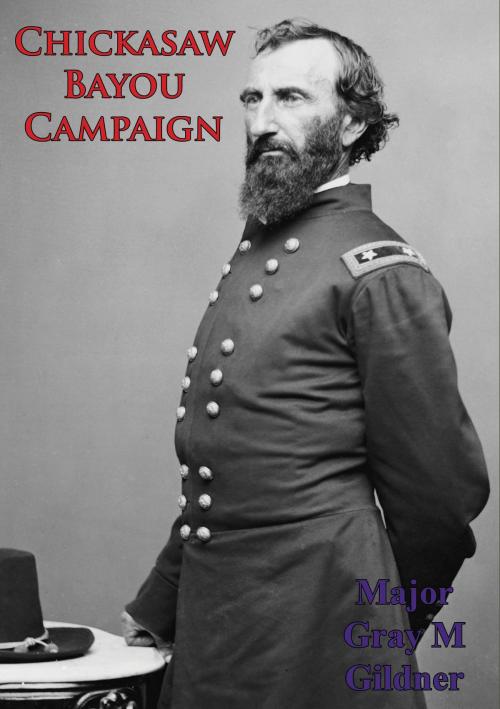
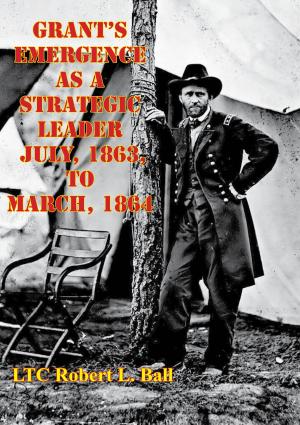
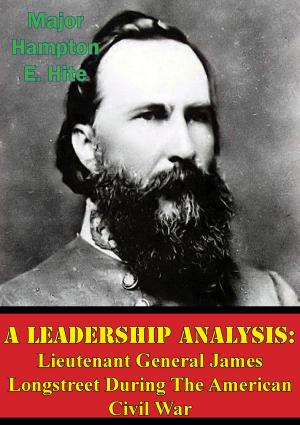
![Cover of the book Second Manassas: An Operational Dynamics Perspective. [Illustrated Edition] by Major Gray M. Gildner](https://www.kuoky.com/images/2014/august/300x300/9781782894209-xHCg_300x.jpg)

![Cover of the book Campaigning With Grant [Illustrated Edition] by Major Gray M. Gildner](https://www.kuoky.com/images/2015/november/300x300/9781786251343-nHlF_300x.jpg)
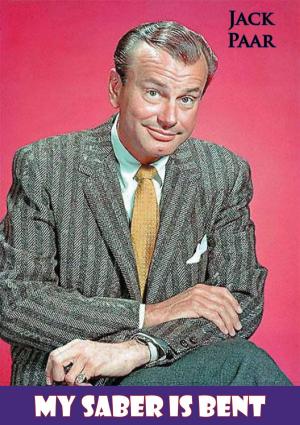
![Cover of the book The Gettysburg Campaign, June-July 1863 [Illustrated Edition] by Major Gray M. Gildner](https://www.kuoky.com/images/2015/november/300x300/9781786254382-HfLn_300x.jpg)



